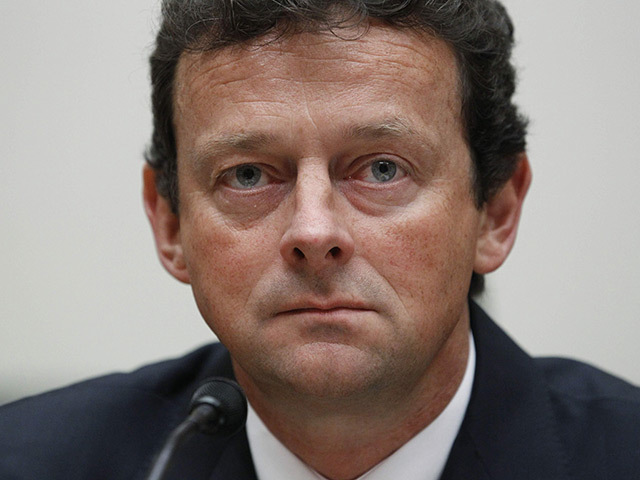
A combination of cost-cutting measures by oil and gas firms and Opec’s decision not to curb output is laying the foundations for the next crude price surge, former BP chief executive Tony Hayward said yesterday.
A slump in crude prices from summer highs of more than $100 per barrel to less than $50 at the turn of the year has made life miserable for energy companies, many of which have had to mothball projects and offload staff.
The price drop was caused by the build-up of a massive supply glut, which was brought about by a stand-off between Opec and US shale producers.
Opec was bent on pumping out so much oil that the price would be driven down to the point that US shale producers would no longer be able to make a profit, forcing them to shut down.
Mr Hayward said the tactic is paying off and that Opec, whose leading nations can produce oil cheaply, will ultimately regain market share.
The number of US rigs drilling for oil has gone down by 877 to 954 in the last year, according to the latest figures from Baker Hughes, and Mr Hayward expects that drop to lead to a slowdown in output in the near future.
“The peak of US shale supply has arrived earlier than anticipated. … The supply chain in the US has been decimated. … It will take several years to take activity back,” said Mr Hayward, who is now chief executive of mid-sized oil producer Genel.
The huge scale of capital and workforce withdrawal in the sector is also laying the seeds for the next bull market and a surge in prices to back above $100, he was quoted as saying at a summit in Lausanne, Switzerland.
Thousands of energy industry jobs have been lost since last summer. Just last week oil field services giant Schlumberger said it was cutting a further 11,000 roles from its global workforce, on top of the 9,000 job losses it announced in January.
Mr Hayward said, however, that there is no obvious reason for seeing much upward pressure on prices for the next couple of years while the surplus works its way out of the system.
Oil prices have staged something of a recovery in recent months, with Brent sitting at $63, and West Texas Intermediate reaching $56, but many analysts think crude prices will remain below $70 for at least the next two year.
Prominent petro-economist Professor Alex Kemp said although he expects demand to start growing, the most likely scenario is that prices will remain low this year, before starting to come up relatively slowly over the next few years.
Andrew Reid, the Aberdeen-based managing director of energy consultancy Douglas-Westwood, said a recovery could come about quite quickly as the oversupply situation rights itself.
Mr Reid said that a price boost was more likely to occur in 2016, rather than in 2015.
The peak of US shale supply has arrived earlier than anticipated
Recommended for you

